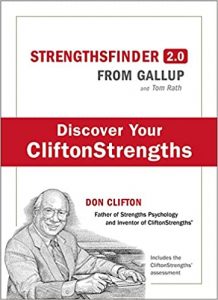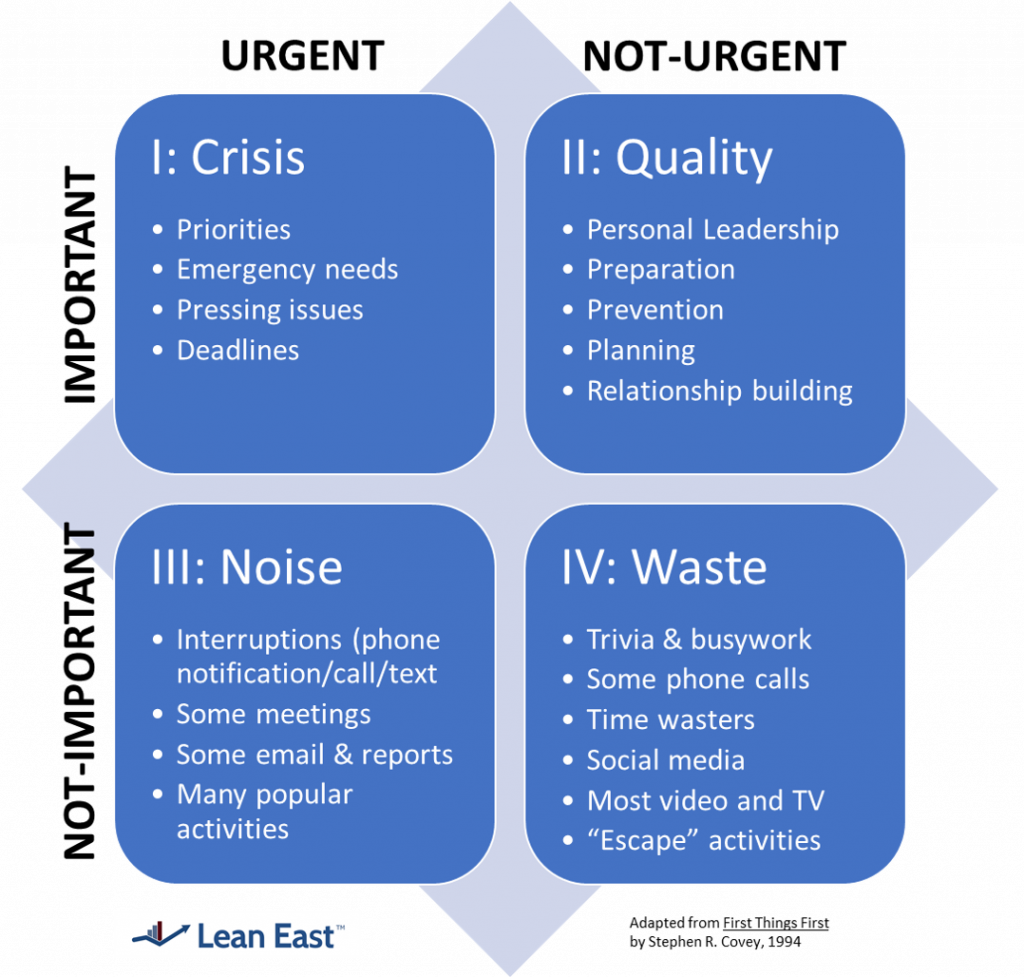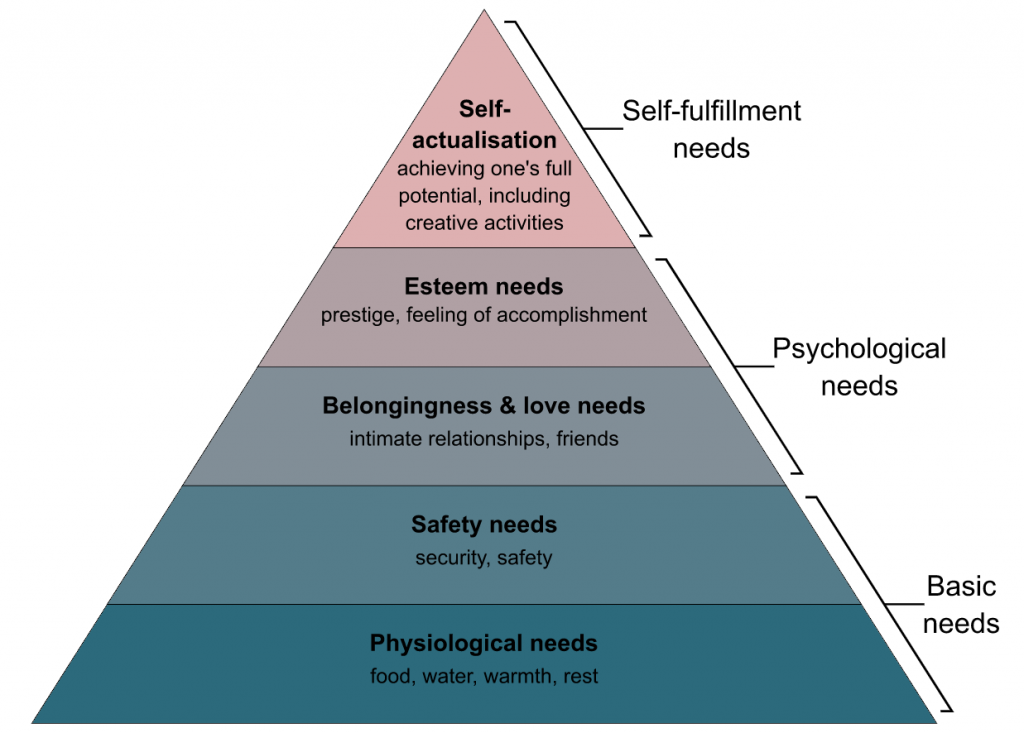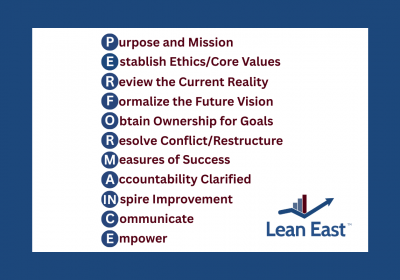 Lean East Founder Steve Musica shares his 10 Rules for Life in the hope that these rules will help you improve and maximize your life.
Lean East Founder Steve Musica shares his 10 Rules for Life in the hope that these rules will help you improve and maximize your life.
The Lean East team has been helping develop high-performing organizations for the past 10 years. In this time, we have met with numerous leaders and teams and continually improved how we coach and lead process improvement projects. We have also attended numerous conferences and events and I have personally read hundreds of books on the topics of improvement and change. I have used this accumulated knowledge to develop some general rules for how to live my life. We hope sharing these 10 Rules for Life with our readers will encourage you to become a better person.
10 Rules for Life
-
Maximize your natural strengths.
All of us are born with our own personality and a set of skills unlike anyone else in the world. Those of us who find a way to use our strengths in our work and life will have a natural advantage over those who spend time in areas they are not as gifted.
Do you have a great memory? Work well with people? Are you exceptionally strong or coordinated? Comfortable under pressure? Detail-oriented and conscientious? Learn quickly? Enjoy writing or math? Are you a great listener?
Nobody reading this post will be above average in all of the areas above. The key is to learn where you are “above average” and enjoy spending your time. Maximize your time in your strength area(s).
 A good resource for identifying your strengths is the book StrengthsFinder 2.0, an explanation of the Clifton Strengths popularized by Gallup. The book describes common strengths and includes a link to an online “StrengthsFinder” questionnaire where you can discover your top five strengths.
A good resource for identifying your strengths is the book StrengthsFinder 2.0, an explanation of the Clifton Strengths popularized by Gallup. The book describes common strengths and includes a link to an online “StrengthsFinder” questionnaire where you can discover your top five strengths.
Once you know your strengths, find a career that takes advantage of what you are good at doing and love. Those of us who do what we love will not need to plan for retirement – we will just keep working and love it!
Having a life focused on maximizing your strengths can also help you avoid the #1 biggest regret people have when dying (from speaker Bronnie Ware’s 2012 book, The Top Five Regrets of the Dying): “I wish I had the courage to be true to myself, not the life others expected of me.”
-
Suggested Action: Take the Clifton StrengthsFinder online test to assess your natural strengths (or contact us for an alternative version that is free).
-
Take care of your body: develop good habits around eating, exercise, learning, and meditation that will last throughout your life.
In the book “Getting There,” Warren Buffett writes, “Let’s say that I offer to buy you the car of your dreams. You can pick out any car that you want, and that car will be waiting for you at home. There’s just one catch: It’s the only car you’re ever going to get…in your entire life.”
 “Now, knowing that, how are you going to treat that car?” he asks.
“Now, knowing that, how are you going to treat that car?” he asks.
“You’re probably going to read the owner’s manual four times before you drive it; you’re going to keep it in the garage, protect it at all times, change the oil twice as often as necessary,” says Buffett. “If there’s the least little bit of rust, you’re going to get that fixed immediately so it doesn’t spread — because you know it has to last you as long as you live.”
This is exactly the position you’re in concerning your mind and body. You have only one mind and one body for the rest of your life, if you aren’t taking care of them when you’re young, they will fail you later.
There are numerous resources available concerning eating, exercise, meditation, etc. in books and on the internet. Here are a few simple behaviors to establish as a start:
- Eat healthy food
- Drink enough water
- Get enough sleep
- Get help when you are injured or have health needs
- Exercise your body (especially general fitness and stretching)
- Sharpen your mind (exercise your brain and practice meditation)
Learn how to take care of yourself. The Lean East personal kaizen post will help you make these good practices become a part of your life.
-
Suggested Action: Identify at least one way you can better maintain your body or brain and create a habit statement that will support this goal.
-
Be proactive.
Go after what you want in your life instead of sitting around and waiting for things to happen to you.
Begin by defining your “why” and purpose that maximizes your strengths. Where you are going is more important than how fast you are going. Once you have decided what you want, pursue it. When an opportunity comes along, be brave and take it, even if there is risk involved.
Stephen R. Covey defines the four quadrants where all of us spend our time. Quadrant I activities are both important and urgent. Quadrant II activities are important but not urgent, quadrant III is urgent but not important and quadrant IV is neither urgent nor important to do.

Everyone reading this post today has more access to “time wasters” than at any other time in history. We have access to millions of hours of worthless video, social media, and games on our laptops and smartphones. These time wasters are designed to engage us (and our children), and every year the time-wasters seem to become more attractive and fun.
Effective people avoid interruptions and time wasters and spend their time on important things. If you want to live your best life you should be proactive about spending your time in quadrant II – planning, preparing, and growing yourself to maximize your effectiveness. Time in quadrant II also tends to minimize unplanned quadrant I emergencies and crises.
Covey also identifies “Be Proactive” as his first habit of highly effective people. He suggests you focus your time and effort in your areas of control and define the “rocks” that you must prioritize first. These rocks are your most important things to accomplish and nearly always non-urgent, quadrant II activities.
Life is short – and it only seems to pass by more quickly as we grow older. Go after your goals and make the most of every second.
-
Suggested Action: Identify one “rock” that you want to prioritize. Schedule time to accomplish a “next action” for that rock in the next 72 hours.
-
Live in the moment with a positive mindset.
One thing we can all control is our attitude. One of my rules for life is to be optimistic and positive rather than pessimistic and negative. Being mindful and thinking positively will increase your happiness and also improve your relationships with others. Here are three ways to grow in this area:
-
-
- Associate with good people. We tend to become most like the people we spend time with. Motivational speaker Jim Rohn once said, “You’re the average of the five people you spend most of your time with.” Make sure these people are living their best life and helping you to lead yours.
- Be appreciative of what you have. No matter what your situation in life is, you have things to be grateful for. A great way to live in the moment and develop a more positive mindset is by keeping a gratitude journal. Every evening before you go to bed record one or two things that you are grateful for. This could be people you appreciate, outcomes, or positive feelings from the day. This reflection might be hard at first, but over time you will get in the habit of identifying the moments that you will record later while they are happening. This realization helps you better appreciate the moment and lean into it.
- To live in the moment, you need to stop mourning for the past and worrying about the future. Developing a simple meditation routine can help teach your mind to stay calm. I have personally had some success with meditation but have struggled to make it a part of my regular routine.
“Living in the moment is a gift – that is why they call it the present.”
-
Suggested Action: Write down three things you are grateful for and put this on your pillow (or create a phone reminder that you can read before bed). Reflect on these three things as you go to sleep tonight. -
Experience love and be loved.
 Love is one of Maslow’s hierarchy of needs on the path towards self-fulfillment (see Maslow’s Pyramid to the right). I have worked hard to experience love in my life in many different ways and encourage all readers to do the same.
Love is one of Maslow’s hierarchy of needs on the path towards self-fulfillment (see Maslow’s Pyramid to the right). I have worked hard to experience love in my life in many different ways and encourage all readers to do the same.There are several types of loving bonds that can be created in our lives:
- Romantic love
- Love between family members
- Companion love (between best friends or pets)
- Spiritual love
Love is a verb; it is an action. Identify things you can do for the people you love, both now and throughout the year, to cultivate the relationship and impact their lives. This could include sending them notes or cards, calling them on special days, inviting them to have lunch or dinner with you or other ways to keep in touch and connected. Make these relationship boosters one of your “rocks” and prioritize them throughout the year.
-
Suggested Action: Identify one thing you can do for a person you are close to that will demonstrate your love. Do this thing in a loving way. -
The Lean East team has created a new personal improvement community Personal Kaizen to share life hacks, tips, and behaviors. Go to personalkaizen.co for our improvement blog and to see our full 10 Rules for Life. We have created videos to share this content!

 Love is one of
Love is one of 



This is very helpful information. Thank you for sharing and I am looking forward to more.
Good Advice thank you